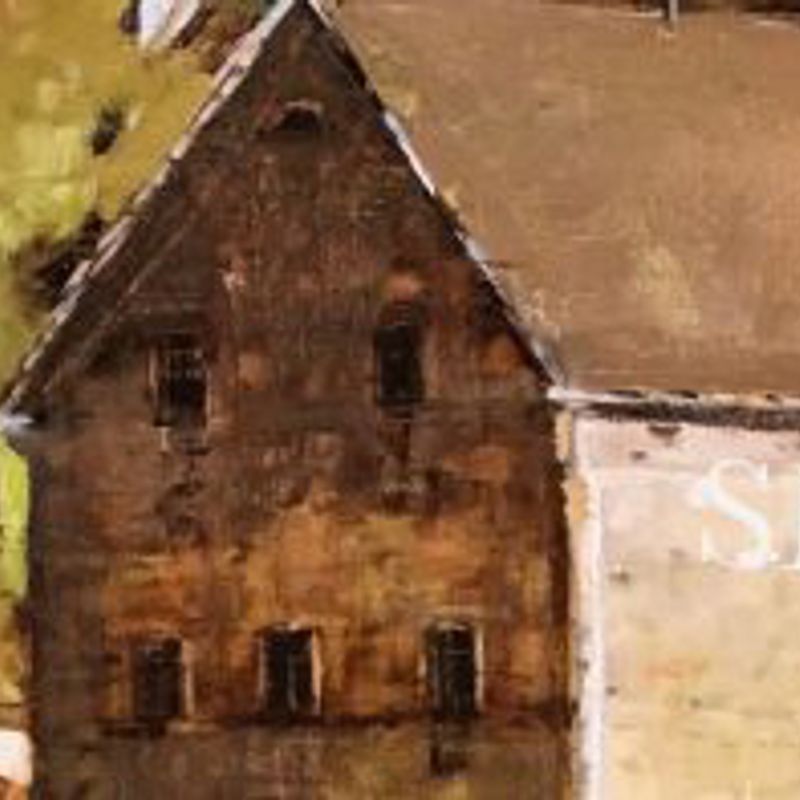Letter to Lucretius
by Chris CokinosI went to the farthest brink, as you advised, to launch the spear you so often spoke of, and, Lucretius, I tell you that it hit hard against a boundary–precisely what we do not know–and spear after spear fell against it to slide to the bottom of the universe.
We may say that this wall and what is beyond–if anything–is still the universe, but what of it? That which seals us in is there, manifested by the clank of spear-tips ringing against some metal and the slender weapons clattering down. We are bounded.
Old friend, forgive my conceit. You are long gone but to write you gives my thoughts a chance at order. Order seems far away.
For another impossibility you declared, is, in fact, the case: Everything has fallen. You said it could not happen but it has. Everything in this finite cosmos has tumbled–and perhaps some is still to fall–to the floor of the cosmos. This we saw before we returned, as cold, rocky moons and terrible, flaming suns–such shades of red!–streamed with us, shaking our vessel like an oil-jar cork bobbing in the wake of Neptune’s passing. We had to wend our way through narrow passages between worlds crashed against each other, a labyrinth in the heavens. Terrible but not without beauty were the canyons formed between the mountains of one earth and the mountains of another. For there were gaps, and we found them, sometimes aided by birds of passage and men not of our world.
We found our way home.
We so yearned to leave that sealed navis oneraria, with its sails to catch starwind–given to us by that strange god of whom I may write later–and, back on this earth, this earth, we gladly found our sea-faring ship intact. Nobleman and slave alike delighted in pulling oars, returning us to gray-green waters, dark skies and the salt-sprayed rocks of home. More time has passed here than for us in flight, such paradoxes abound! Icy worlds have even quenched the sun to a sweet warm glow.
I must go. As I write, a lunar mountain crumbles against a shore cliff. A fine dust rains. I must cover again my dying garden.
–M.
